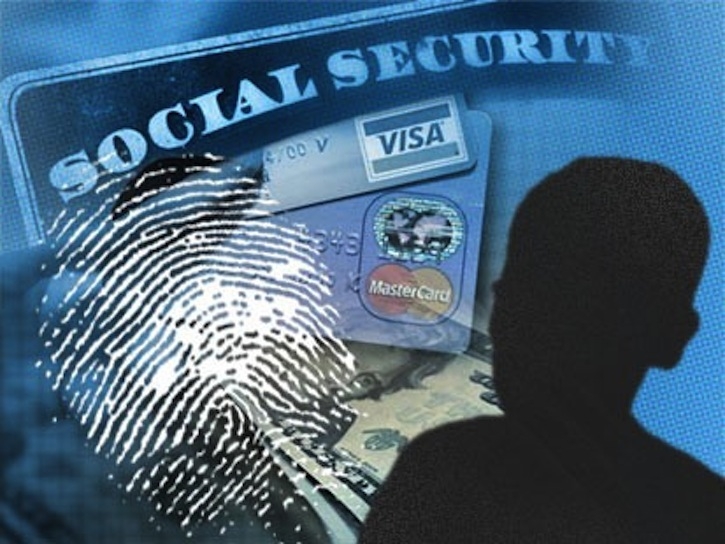Identity theft is one of the biggest concerns on the worldwide web nowadays. We share loads of private information through the Internet and many of us, unfortunately, underestimate the value of our data and what can be done with it by the thieves.
If you are an active Internet user, you might have a big piece of significantly important information about you on the web. Credit card information, Social Security number, health insurance and many more personal archives and files are your weak points. This is even more important if you store some of your personal or financial data online or visit if you are a client of various online casinos such as Gclub Grand or Ufabet.
Identity theft is a prevalent problem that many people have had bud luck facing. If you don’t protect your connection and device enough, thieves may use your private information to make loans on your name, withdraw money from your bank accounts or sell private information on the dark web. Sadly, this is only the smallest part of what can be done.
Identity theft has been gaining momentum for the past few years and in the USA it is now considered a punishable crime that involves from two to five years of imprisonment, depending on the gravity of the offense.
Now let’s see what you can do to protect yourself from such an unpleasant action as identity theft being taken towards you.
- VPN against identity theft
First and foremost, we suggest downloading a VPN. It is, by far, one of the best tools for safe internet use. By connecting you to a particular server, VPNs help prevent identity theft, since they keep your connection safe and activity untraced. In two words, it encrypts your traffic.
Technically, your location and online activity become invisible and even mobile providers can’t monitor what you are doing on the web.
Even if you subscribe to paid VPN, where your credit card information is needed to conduct payments, you still don’t have to worry, because it’s kept occult.
- Set different passwords
It’s a pretty common thing to make up two or three passwords and use them for every registration. Unfortunately, the least complicated and diverse your passwords are, the easier they are to hack.
Create passwords that include capital letters, symbols and letters in random positions.
- Don’t click sketchy links or websites
Identity theft can be conducted in so many different ways. If you stumble upon some links that seem suspicious, better avoid clicking them. If you are a sports fan, don’t register on shady websites, use only legit one such as Sbobet.
It’s also pretty common to receive suspicious messages or emails that look like they were sent by the bank. Always make sure that it really is a bank employee texting or calling you and never reveal any of your pin codes and CVV codes like that.
- Reduce the risk of exposure
Identity theft may as well be conducted physically. If you like carrying all of your credit cards in the wallet or bringing your Social Security card with you, our suggestion would be trying to minimize your exposure.
Don’t take all of your cards, so in case you get robbed, you don’t lose all at once.
About the author: Jack Gallaher is the founder of Play Pulse, a place where players from all over the world can find the best online casinos Internet can offer. He enjoys creating game guides and sharing his strategies with the community and friends. Prior to founding Play Pulse Jack worked as a community manager on a famous gambling portal.

